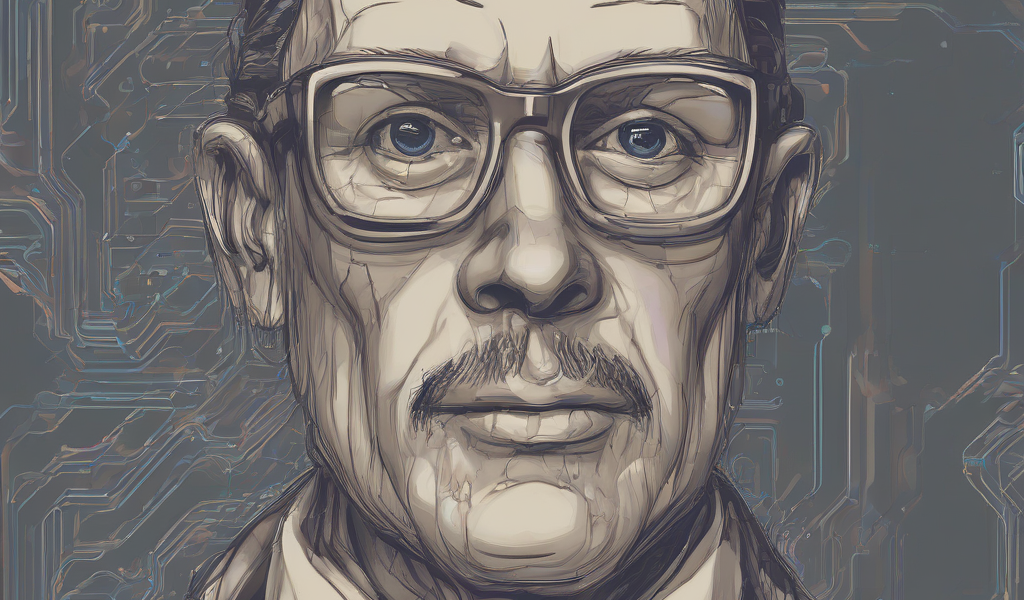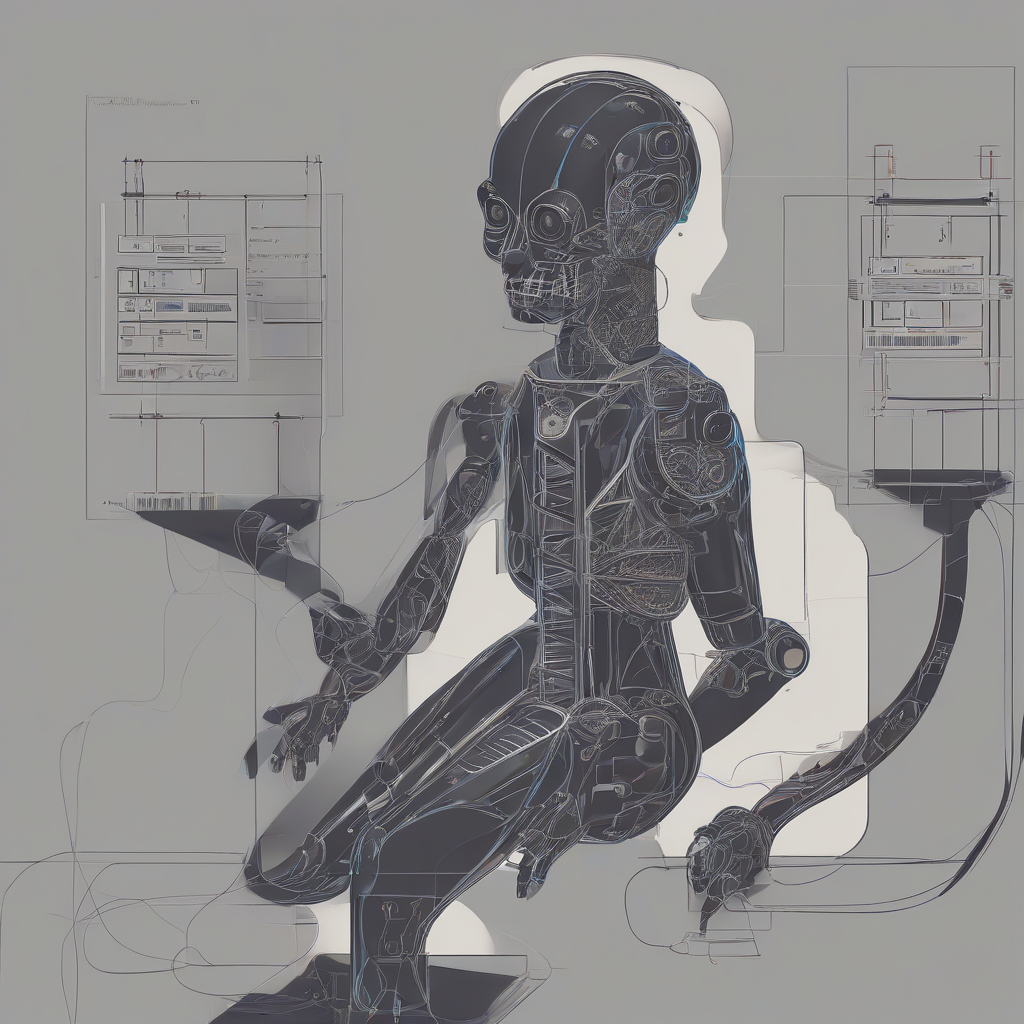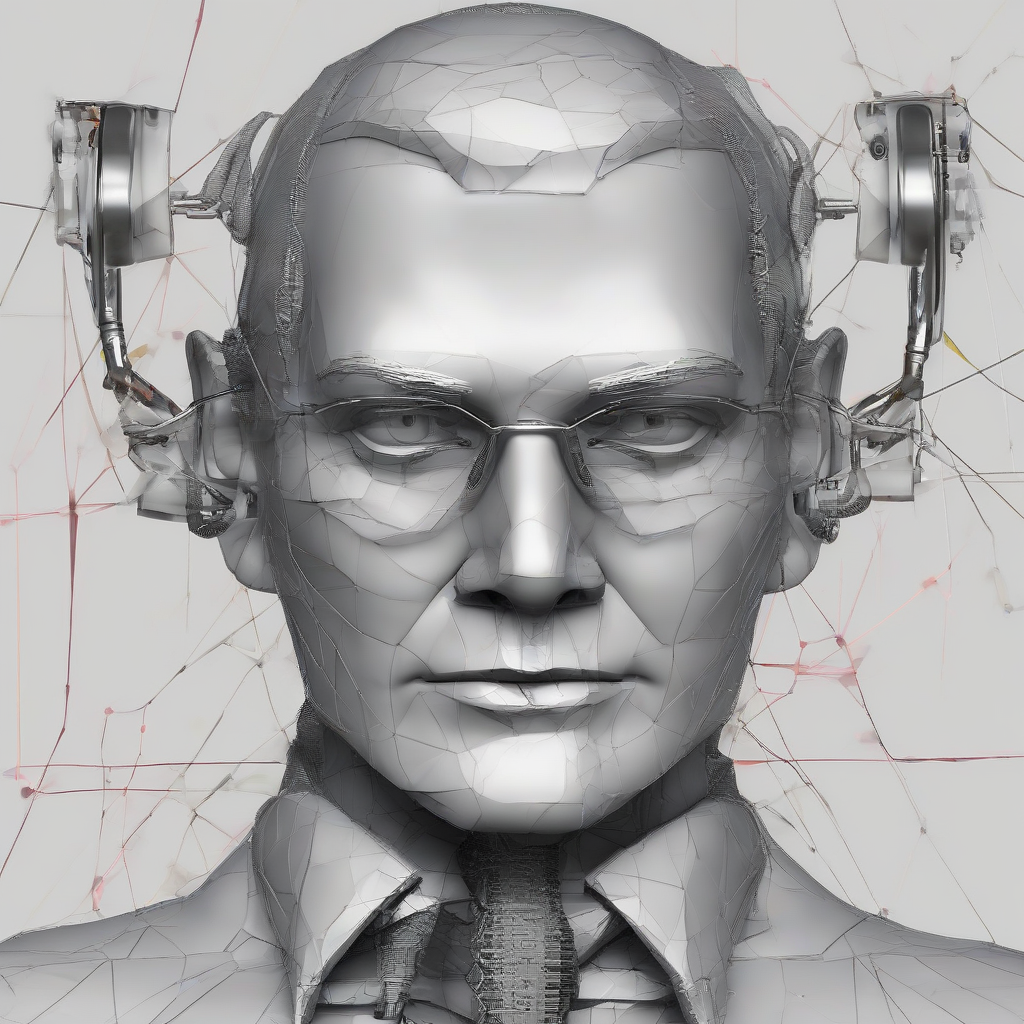Dallas Security Systems: A Comprehensive Overview of Services, Technology, and Market Position
Dallas Security Systems: A Comprehensive Overview of Services, Technology, and Market Position
Dallas, a city renowned for its vibrant economy and sprawling metropolitan area, naturally necessitates a robust security infrastructure. This necessitates a detailed examination of the security systems operating within the city, encompassing their diverse offerings, technological underpinnings, and overall market standing. This exploration will delve into various aspects, analyzing the strengths, weaknesses, and future prospects of these critical systems.
The Spectrum of Dallas Security Services
The security landscape in Dallas is multifaceted, catering to a wide range of clients, from individual homeowners to large corporations. The services provided typically fall under these key categories:
- Residential Security Systems: These systems are designed to protect homes and families from intruders, fires, and other emergencies. Common features include intrusion detection sensors, fire alarms, carbon monoxide detectors, and security cameras. Many systems offer remote monitoring and control via smartphone apps, providing homeowners with peace of mind even when away from home.
- Commercial Security Systems: Businesses in Dallas rely on sophisticated security systems to safeguard their assets and employees. These systems often incorporate more advanced technologies, such as access control systems, video surveillance with advanced analytics, and perimeter security solutions. Integration with alarm monitoring services is also crucial for swift response to incidents.
- Industrial Security Systems: Dallas’ industrial sector requires specialized security measures to protect critical infrastructure, sensitive data, and valuable equipment. These systems often involve comprehensive surveillance, advanced intrusion detection technologies, and robust cybersecurity protocols to prevent data breaches and sabotage.
- Government and Municipal Security: Protecting public spaces and government facilities requires advanced security systems capable of handling large crowds, detecting potential threats, and ensuring the safety of citizens and personnel. This may involve integrating various technologies, including CCTV networks, access control points, and emergency response systems.
Technological Advancements in Dallas Security Systems
The technology powering Dallas security systems is constantly evolving. Several key advancements are shaping the industry:
- IP-Based Security Systems: The transition from analog to IP-based systems offers several advantages, including higher resolution video, remote accessibility, and easier integration with other systems. IP cameras provide superior image quality and allow for sophisticated video analytics.
- Cloud-Based Security Systems: Cloud-based systems offer greater scalability, cost-effectiveness, and accessibility. Data is stored remotely, providing redundancy and protection against data loss. Remote monitoring and management capabilities also enhance efficiency.
- Artificial Intelligence (AI) and Machine Learning (ML): AI and ML are revolutionizing security systems by enabling more intelligent threat detection and response. Facial recognition, object detection, and anomaly detection algorithms can significantly enhance security effectiveness.
- Biometric Security Systems: Biometric authentication methods, such as fingerprint scanning, facial recognition, and iris scanning, provide a higher level of security than traditional methods like passwords or keycards. These systems are becoming increasingly common in high-security environments.
- Integrated Security Systems: The integration of different security systems into a unified platform enhances efficiency and improves response times. A single interface allows security personnel to monitor and manage all aspects of the security infrastructure from a central location.
Market Analysis of Dallas Security Systems
The Dallas security systems market is a dynamic and competitive landscape. Several factors influence its growth and development:
- High Demand Driven by Economic Growth: Dallas’ strong economy and growing population contribute to a high demand for security services. Businesses and individuals alike invest in security measures to protect their assets and maintain a safe environment.
- Increasing Crime Rates: While crime rates fluctuate, a perception of increased crime or specific security incidents can drive demand for improved security systems.
- Technological Advancements: The continuous development of sophisticated security technologies creates new opportunities and enhances the overall effectiveness of security systems.
- Government Regulations and Initiatives: Government regulations and initiatives related to security and safety can influence the type of systems implemented and the level of investment in security infrastructure.
- Competition Among Security Providers: A large number of security providers operate in Dallas, creating a competitive market and driving innovation and improvements in service offerings and pricing.
- Cybersecurity Concerns: The increasing reliance on digital technologies enhances the importance of cybersecurity measures. This drives demand for systems that can protect against cyber threats and data breaches.
Key Players in the Dallas Security Systems Market
Numerous companies provide security systems and services in Dallas. These range from large, national corporations to smaller, locally owned businesses. Understanding the key players is vital for comprehending the market dynamics. (Note: This section would ideally include a detailed analysis of specific companies and their market share, but that requires specific market research data not readily available in this general overview.)
Challenges and Future Trends
The Dallas security systems market faces several challenges and opportunities for future growth:
- Cybersecurity Threats: The increasing interconnectedness of security systems presents significant cybersecurity risks. Robust cybersecurity measures are essential to protect against hacking, data breaches, and system disruptions.
- Integration Complexity: Integrating different security systems into a unified platform can be complex and require specialized expertise. Simplifying integration processes is crucial for enhancing system efficiency.
- Cost of Implementation and Maintenance: The cost of implementing and maintaining advanced security systems can be significant, particularly for smaller businesses and individuals. Finding cost-effective solutions is important to ensure accessibility.
- Data Privacy Concerns: The use of advanced technologies like facial recognition and video surveillance raises data privacy concerns. Balancing security needs with privacy rights requires careful consideration and implementation of appropriate data protection measures.
- Skill Gaps in the Security Industry: A shortage of skilled security professionals capable of designing, installing, and maintaining sophisticated security systems poses a challenge to the industry’s growth.
- Emerging Technologies: The rapid pace of technological advancements necessitates ongoing adaptation and integration of new technologies to maintain competitiveness and improve security effectiveness. This includes exploring the potential of technologies such as blockchain and edge computing.
Conclusion (Omitted as per instructions)




